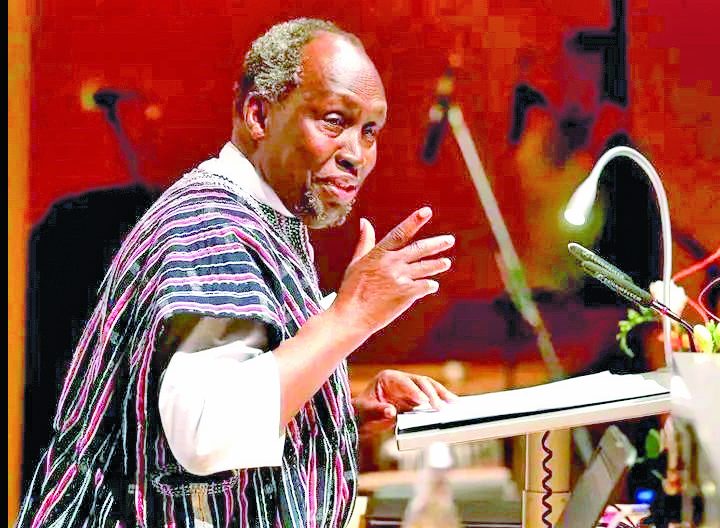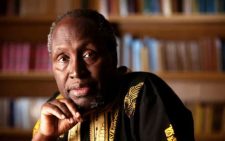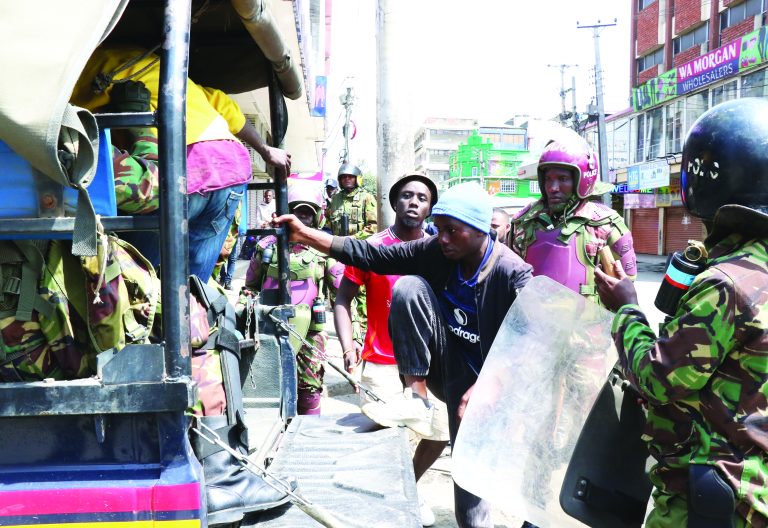Ngugi neglected as pillar of our cultural diplomacy

Prof Ngugi wa Thiong’o’s passing invites reflection on how nations honour or neglect their intellectual giants.
I first encountered Ngugi’s transformative literary genius in my undergraduate studies of Literature in English at the University of Nairobi.
His works profoundly challenged our young minds to confront our history, identity, and power dynamics.
Ngugi was more than a literary figure; he was Kenya’s answer to Achebe, Soyinka, and Tagore.
Yet, Kenya never fully recognised his strategic value in shaping our global narrative.
Though unofficial, Ngugi’s relentless advocacy for linguistic decolonisation, cultural authenticity and social justice has left an indelible mark on Kenya’s cultural diplomacy.
Kenya’s foreign policy traditionally hinges on geopolitical interests, economic ambitions, and strategic alliances.
Yet, amid today’s culturally competitive, multipolar (or technopolar according to some analysts) world, the potent tools of narrative, heritage, and intellectual influence remain underutilised.
Cultural diplomacy, the deliberate deployment of a nation’s cultural wealth to foster global understanding and project soft power, offers Kenya a unique but still undervalued path to international influence.
Kenya has yet to fully harness the immense diplomatic power inherent in the legacy of Ngugi.
Born amidst colonial upheaval and the Mau Mau uprising, Ngugi’s formative experiences under British rule deeply shaped his worldview.
His early works, including Weep Not, Child, The River Between, and A Grain of Wheat, propelled Kenyan narratives onto the global stage, confronting colonial histories and presenting authentic Kenyan and, by extension, African perspectives – a potent form of cultural diplomacy that shattered reductive colonial narratives.
Indeed, he was an illustration of Chinua Achebe’s assertion that “Until the lions have their own historians, the history of the hunt will always glorify the hunter”.
Ngugi’s enduring impact, however, lies beyond literary brilliance. His “decolonising the mind” campaign, articulated in his seminal work Decolonising the Mind: The Politics of Language in African Literature, marked a radical shift from English to his native Gikuyu.
This linguistic nationalism asserted the dignity of African languages, reshaping global dialogues on cultural autonomy and identity.
Yet despite his global acclaim and his role as an unofficial but influential cultural diplomat, Kenya largely sidelined Ngugi, primarily due to his outspoken critique of post-independence injustices exemplified in his play Ngaahika Ndeenda (I Will Marry When I Want).
His alienation from state-endorsed cultural initiatives highlighted the persistent tension between artists and political power.
Nevertheless, Ngugi’s international stature bolstered Kenya’s cultural diplomacy, resonating deeply within academic circles and global advocacy for equity, justice and Pan-African solidarity.
His narratives positioned Kenya prominently within critical global dialogues, affirming Kenya’s intellectual sovereignty.
Cultural diplomacy has been effectively employed by countries like Nigeria, South Korea, and France.
Nigeria powerfully leverages literary icons like Wole Soyinka, vibrant Nollywood cinema, and global Afrobeats sensations like Burna Boy and Wizkid.
Kenya’s formally articulated cultural diplomacy strategy seeks to showcase its diverse heritage and elevate Kiswahili globally.
This strategy can be significantly benefited by leveraging Kenya’s equivalents to prominent global cultural icons.
Literary diplomacy finds potent ambassadors in figures like Ngugi himself and the late Grace Ogot (now their works).
The Writer is a foreign policy Analyst and a Doctoral Candidate in international studies













